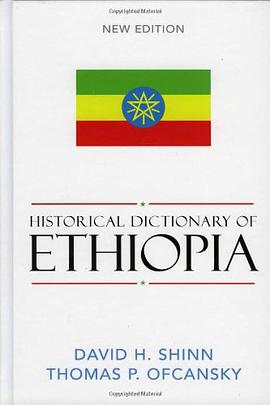

具體描述
Philosemitism, as Alan T. Levenson explains it, is "any pro-Jewish or pro-Judaic utterance or act." The German term for this phenomenon appeared in the language at roughly the same time as its more famous counterpart, antisemitism, and its emergence signifies an important, often neglected aspect of German-Jewish encounters. "Between Philosemitism and Antisemitism" offers the first assessment of the non-Jewish defense of Jews, Judaism, and Jewishness from the foundation of the German Reich in 1871 until the ascent of the Nazis in 1932, when befriending Jews became a crime.Levenson takes an interdisciplinary look at fiction, private correspondence, and published works defending Jews and Judaism in early-twentieth-century Germany. He reappraises the missionary Protestant defense of Judaism and advocacy of Jewry by members of the German peace movement. Literary analysis of middle-brow novels with positive Jewish characters and exploration of the reception of Herzlian Zionism further illuminate this often overlooked aspect of German-Jewish history. "Between Philosemitism and Antisemitism" shows the dynamic process by which a generally despised minority attracts defenders and supporters. It demonstrates that there was sympathy for Jews and Judaism in Imperial and Weimar Germany, although its effectiveness was bounded by the values of a bygone era and scattered across the political and social spectrum. Alan T. Levenson is a professor of Jewish history at Laura and Alvin Siegal College of Judaic Studies.
作者簡介
目錄資訊
讀後感
評分
評分
評分
評分
用戶評價
相關圖書
本站所有內容均為互聯網搜索引擎提供的公開搜索信息,本站不存儲任何數據與內容,任何內容與數據均與本站無關,如有需要請聯繫相關搜索引擎包括但不限於百度,google,bing,sogou 等
© 2025 qciss.net All Rights Reserved. 小哈圖書下載中心 版权所有




















